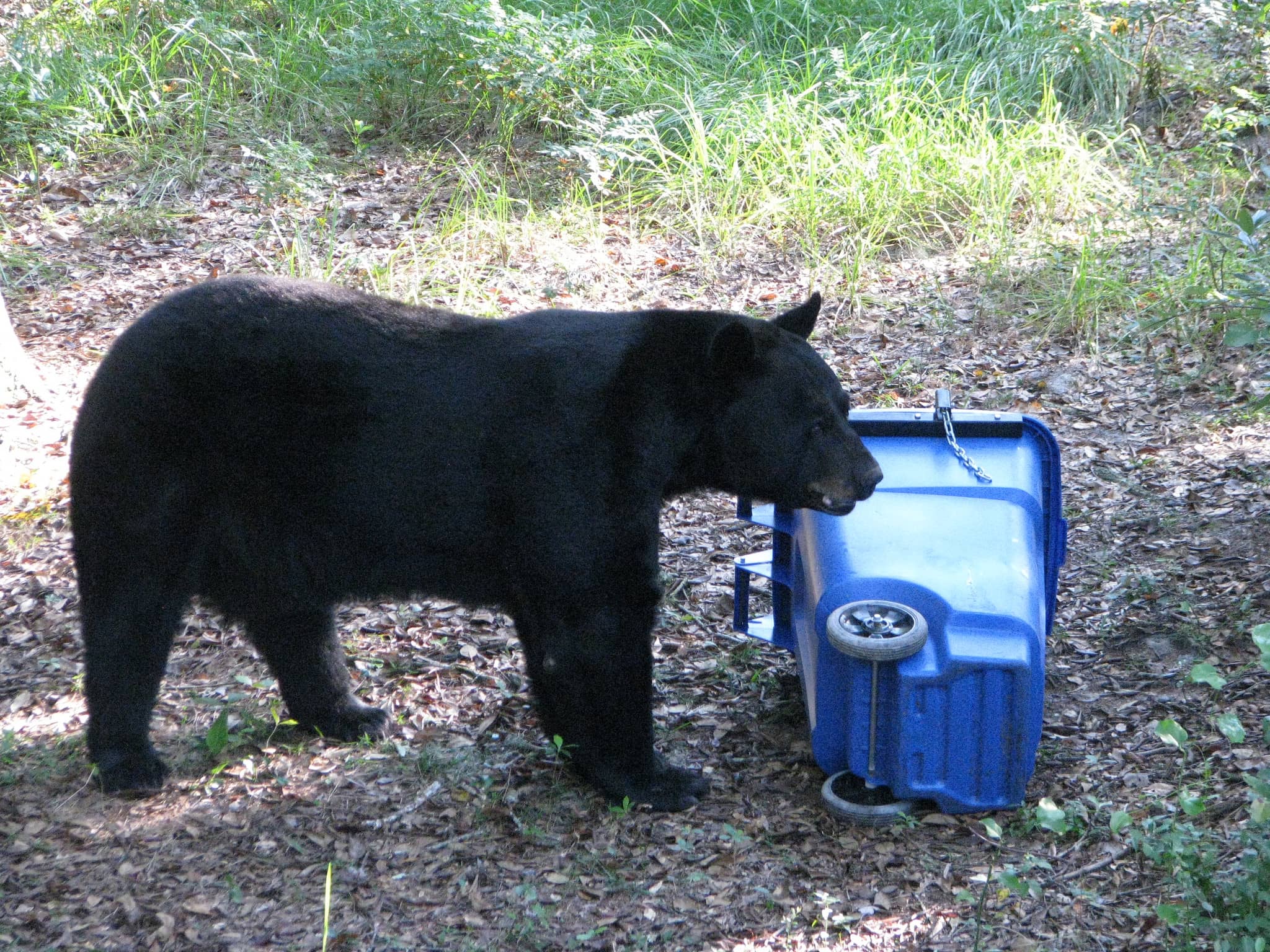Florida Officials Confirm Fall Black Bear Hunt
OutdoorHub Reporters 06.26.15

On Wednesday, the Florida Fish and Wildlife Conservation Commission (FWC) approved the state’s first bear hunt in 21 years. According to the current FWC plan, the week-long season will take place from October 24 to 30 in four bear management regions across Florida.
“It is necessary to remove some of these bears from these habitats or they are going to end up in the suburbs, where it is a death sentence,” Newton Cook, who attended the four-hour public FWC meeting on Wednesday, told News 13.
Pressure on officials to reopen the bear hunt had been mounting since early 2014, when a number of bear attacks alarmed residents and lawmakers. Shortly after a woman was dragged from her garage by a black bear in Lake Mary in April, 12 state lawmakers sent a letter to FWC executive director Nick Wiley, urging him to consider a limited hunting season. FWC biologists confirm that Florida’s bear population has been booming and as of last year, there is an estimated 4,000 bruins living in the state—and some say there is a lot more. That was not always the case. In 1994, Florida black bears were listed as an endangered species after officials discovered that only 300 were left in the state.
Despite support for the hunt, many who attended the meeting on Wednesday argued that the population was still too low to be hunted.
“Bears are not the problem, people are the problem. Carelessness with garbage disposal is the primary reason they come from the woods in search of food,” WTSP quoted one attendee.
FWC biologists agree that the lack of bear awareness is a big problem. The agency reports that officers received only about 100 bear calls annually in 1995, but by 2013, there were more than 6,667. Much of this was due to residents leaving trash unsecured or in some cases, even feeding bears freely. However, bears are also being pushed out of the woods simply because they have outgrown them, and that presents a big problem to wildlife managers.
“It’s not that we don’t have enough bears in the whole state or too many bears, it’s bears are in habitats they have outgrown and can be maintained in that,” said Tampa area hunter Chuck Echenique, who is part of the FWC technical advisory group on black bears.
According to the FWC, permits will run $100 for state residents and $300 for nonresidents. The following bear management units (BMU) will be available for bear hunting:
- East Panhandle BMU – Bay, Calhoun, Franklin, Gadsden, Gulf, Jackson,
Jefferson, Leon, Liberty, Madison, Taylor, Wakulla, and Washington counties. - North BMU – Baker, Columbia, Duval, Hamilton, Nassau, Suwannee, and
Union counties. - Central BMU – Alachua, Bradford, Brevard, Clay, Flagler, Lake, Marion,
Orange, Putnam, Seminole, St. Johns, Sumter, and Volusia counties. - South BMU – Broward, Collier, Hendry, Lee, Miami-Dade, Monroe, and Palm
Beach counties.

